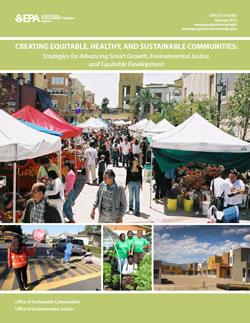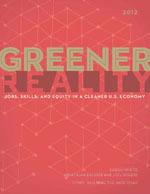Green for All, Albuquerque is the local chapter of a nationwide program aiming to implement scaled green job programs that provide a pathway out of poverty for low-income individuals and minority communities. To date, Green for All has brought together community partners to lead the Albuquerque Clean-Energy Careers Campaign to create city-wide comprehensive high-road clean-energy programs and policies. A key component of this program would be the use of a property-assessed clean-energy (PACE) financing mechanism that provides up-front capital for energy efficiency projects that is paid back through subsequent savings on participants’ property taxes.



